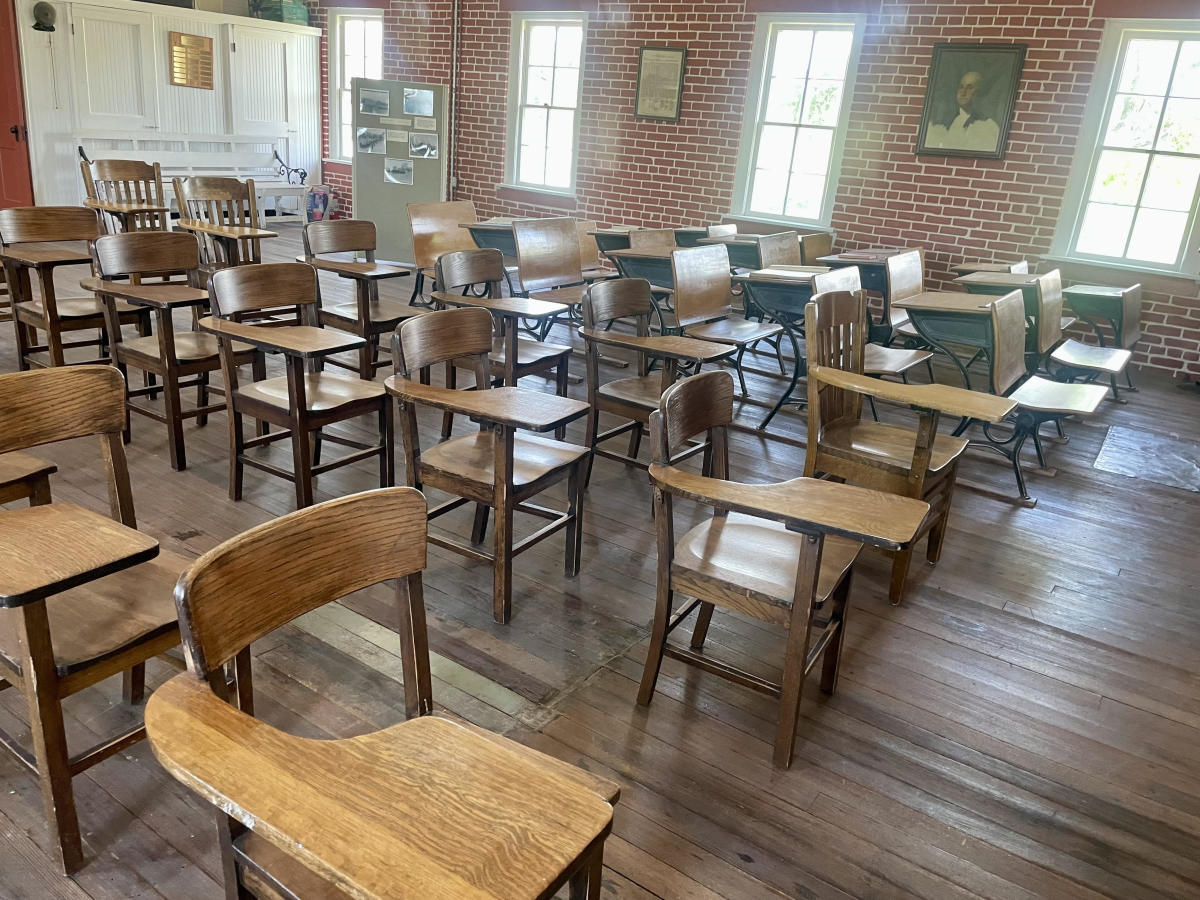Obtaining details about investigations on North Dakota’s tribal lands remains a complex issue, highlighting ongoing access challenges.

Grand Forks: It’s been tough to get more info about a police shooting on the Turtle Mountain Reservation. This isn’t just a one-off; it’s a pattern we’ve seen with Native American reservations in North Dakota.
On December 29, a man from Belcourt was shot by a Bureau of Indian Affairs officer during a confrontation near the Sky Dancer Casino. While they released the man’s name, a lawyer from the Turtle Mountain Band mentioned that details are scarce since it’s still under investigation.
Fast forward two weeks, and still no new information has come out. The Grand Forks Herald reached out to the BIA and Rolette County Dispatch for records. Dispatch pointed them to the BIA, but then the BIA referred them to the FBI, who’s now in charge of the investigation. So, the Herald is waiting on the FBI to respond.
Getting information about cases involving North Dakota tribes is often a hassle. A recent audit by the Herald showed just how tricky it can be to access criminal court documents when Indigenous people are involved.
Rachel Egstad, an assistant state’s attorney in Grand Forks, explained that the difficulty often comes down to jurisdictional issues. Depending on where something happens and who’s involved, you might have state, tribal, and federal laws all in play.
When the FBI gets involved, it usually means information becomes even harder to get. This was the case with Jemini Posey’s disappearance from the Spirit Lake Reservation, where the FBI only shared limited details.
Across North Dakota, the five tribal court systems have similar issues. The Herald asked for criminal court documents from each but got nothing back.
Egstad understands why tribes might keep their records more private than state courts. They’re sovereign nations and can set their own rules. Making everything public could lead to unfair bias against their members.
North Dakota has five tribal courts: Spirit Lake Nation, Three Affiliated Tribes, Turtle Mountain Band of Chippewa Indians, Standing Rock Sioux, and Sisseton Wahpeton Oyate Nation.
The Herald tried to get specific criminal court documents from the Spirit Lake Tribal Court last year but didn’t receive them or any explanation. They also sent requests to all tribal courts for documentation filed the day before, but five months later, still nothing.
A Turtle Mountain court employee mentioned tribal codes that restrict random information from being shared with the press. Other courts didn’t provide clear answers either, often deferring to judges or council members who also didn’t respond.
Breanna Delorme, a defense attorney, noted that while many records are public, it’s still tough for outsiders to dig into cases. They’re not online, and there’s no central database like there is for state courts.
In North Dakota’s state court system, basic case info is usually available online. But for tribal courts, you often have to request documents directly from the clerk’s office or visit a courthouse. Some documents are sealed if they contain sensitive info.
Delorme mentioned that while the public can request some tribal court documents, knowing exactly what you’re looking for helps a lot.
Egstad shared that they used to have a database for tracking cases, but it was mostly paper files. When someone needs a background check, the clerk has to sift through all the files manually, which takes time and money.
She also mentioned that while a more sophisticated database might have been set up for internal use, it’s not accessible to the public.
As a defense attorney, Delorme has to ask the prosecution or clerk for her clients’ records. She’s never been denied, but it adds an extra step to her work.
Having access to other cases would definitely make her job easier. If she could see outcomes from similar cases, it might give her ideas on how to approach her own.
In Grand Forks, if someone mentions a case that ended in a certain way, she could look it up. But in tribal court, that kind of access just isn’t there.
When it comes to writing sentencing memorandums for state cases, both sides often rely on similar past cases to make their arguments. If most people get a year for a specific crime, a defense attorney will likely argue for the same for their client.
Not having that information makes things trickier for Delorme and others in the field.




